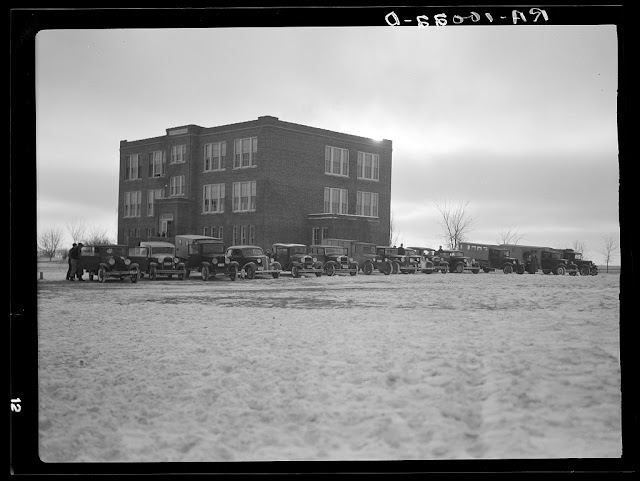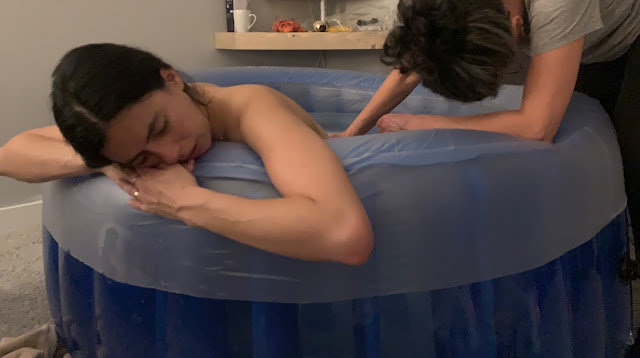residential schools - a reflection [guest post]
I have had the honor of living alongside my friend Claire through our university years. I’ve watched as her empathy and education around Indigenous history and culture has grown. Her desire to claim her own place as a white person in a tragic history is brave and worthy of emulation. I’m grateful for the words she wrote this week in light of the uncovering of 215 children’s bodies at the Kamloops residential school. This week, my blog shares her words.
Residential schools. Institutions that I did not learn about until my first year of school at TWU in 2016. I remember when my Canadian history professor first spoke of them: mandated attendance for “Indians” to government-funded Christian schools, intended to “get rid of the Indian problem.” I returned to my dorm room to read more about these schools that, before that afternoon, seemed completely unfathomable.
I couldn’t believe my eyes: words telling me stories about children shamed and abused by priests, nuns and reverends. The name of my God, used to “teach” and “guide” children away from the practice of their own cultures and identities and toward assimilation into a new way of life…
The tragedy was overwhelming. It is overwhelming.
I have learned to understand that Canada, a country I love, was built at a devastating price. Residential schools are only one of the ways that the settler government explicitly invested in the destruction of Indigenous cultures and ways of life to develop the “prosperity” of the nation.
I teach Contemporary Indigenous Studies 12 to a class of twenty-five students. At times, I feel passionate and eager to teach young adults who, like me, may have grown up unaware of their country’s history or who may not see the ongoing effects of colonization shaping the world around them. I have felt hope in the idea that my students may graduate with deeper knowledge and empathy that will influence their leadership in the future and contribute to better Indigenous-Canadian relationships.
Other times, I feel completely inadequate to teach history that I will never fully comprehend and that I for so long had the privilege of not needing to know about. Often, there are no words.
The recent news about the 215 bodies of children discovered at the Kamloops residential school site reminds me why it is important to be educated about the true history of Canada. Indigenous communities, including dear friends of mine, still resonate with the grief, loss and pain that residential schools forced into their communities. Yet they remain powerful, creative, and resilient.
They have taught me so much about the spirit of joy, of stewardship, and of celebration. I am thankful to my Métis and First Nation friends who have invited me into their stories, cultures and teachings with such grace and hospitality. I am continually inspired!
I do my best to teach and guide my own students, at a Christian institution, to recognize the long-term impacts of colonization, to acknowledge and grapple with Christianity’s role in discriminatory oppression, and to gain self-awareness about their own family heritage and identity.
Most of my students and I have lived unaffected by the emotional, physical and spiritual trauma of mandated attendance to these schools by First Nation, Métis, and Inuit children.
We do not struggle daily against the waves of generational damage, to reconnect with lost family members, language, culture, and traditions that were intended to be eradicated by residential schools.
We all have stories of the hopes and dreams that brought our families to the land we are on.
This recent news reminds me that I need to learn about the land where I live and to learn what was done to the people native to this land in order for me to call Canada home.
Facing the truth together is essential to building good Indigenous-Canadian relationships; it will bring depth to understanding our personal identities.
We are shaped by the stories and narratives that we value. For so long, I only knew one side of the story. This news urges us to listen to Indigenous voices. I hope for open hearts and ears to hear one another’s truths, even when they are hard ones.
#everychildmatters




Comments
Post a Comment
thoughts so far